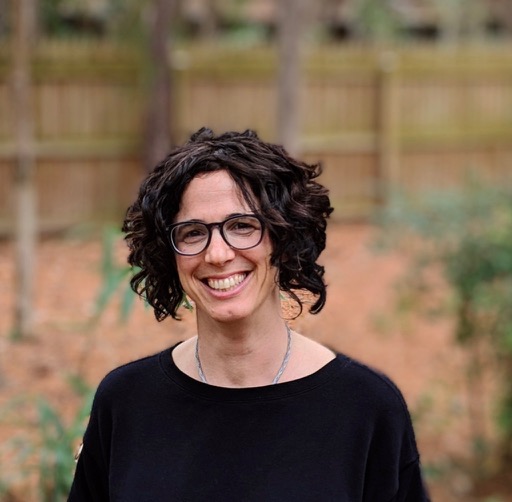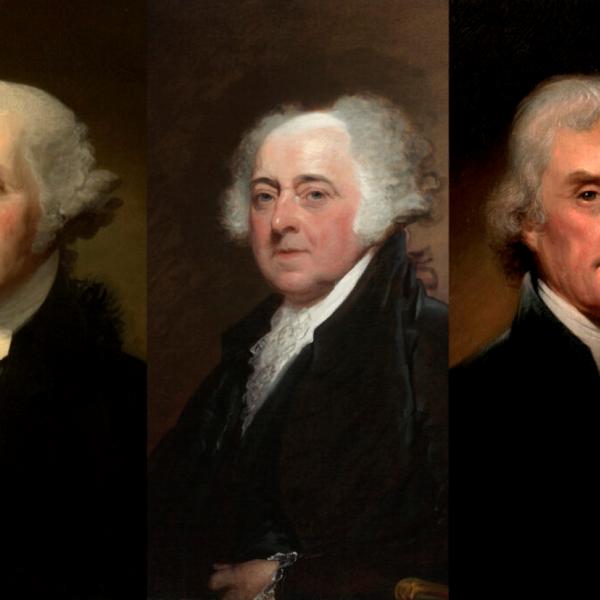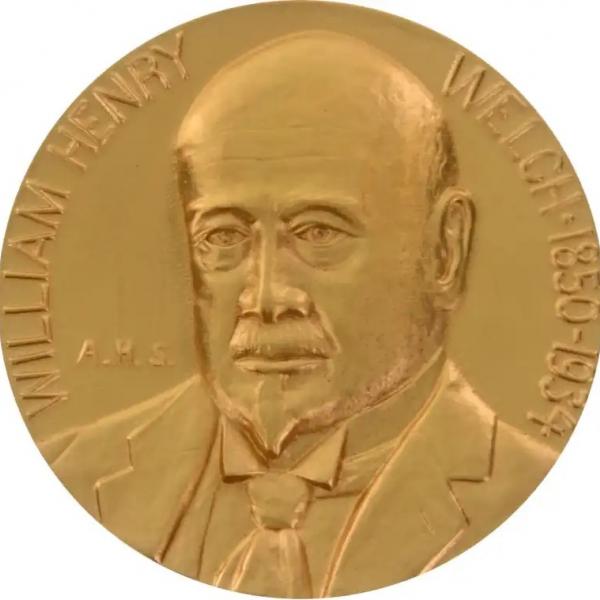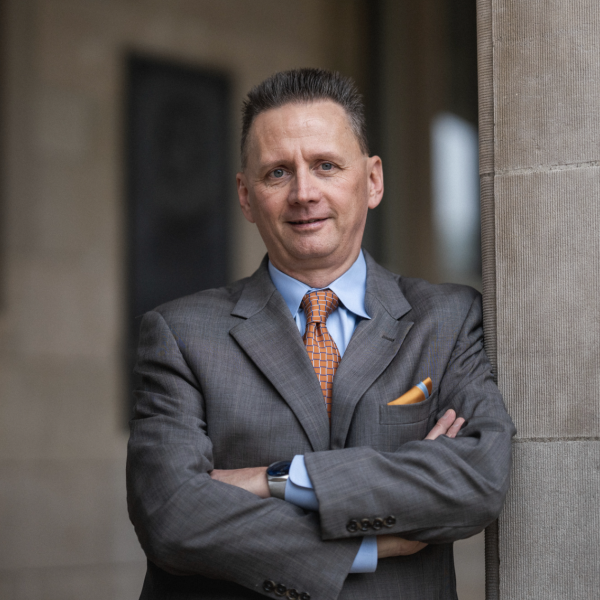Historian Flora Cassen specializes in European Jewish history, particularly in the Renaissance. For our series highlighting new faculty, Cassen shares some of her ongoing projects and her thoughts on the role of historical scholarship in discussions of modern-day antisemitism.
Congratulations and welcome to Washington University! What’s one thing that excites you about joining the faculty at WashU?

Washington University is a great school, and I'm quite excited to be in both the Department of History and the Department of Jewish, Islamic, and Middle Eastern Studies. What JIMES is doing at WashU by combining Jewish and Islamic studies in one department is actually very innovative and intellectually interesting. At other universities they are typically two separate departments. There can be unnecessary tensions, when in fact we are all academics and can learn a lot from each other about how each field approaches their object of study.
How did you first become interested in studying Jewish history?
I grew up in Belgium, in a Jewish family. When you grow up in Europe a couple of decades after the Holocaust, that history is very present – but that's not all there is. There is a long history of Jewish life and Jewish culture in Europe, and being in Belgium, there's so much remaining from that time period. It's a privilege to be able to live in a place and see the history all around you. I was always attracted to more remote periods of time, and then in college I had a great teacher who taught the Middle Ages and the Renaissance. That really opened my eyes to the many interesting things that happened in that era.
Your previous book focused on the discriminatory marks that Jews were compelled to wear in 15th- and 16th-century Italy. What’s your next project?
I'm working on a long-term research project on a Jewish writer and historian who lived in Genova in the 16th century. He wrote a book about Columbus's discovery of the Americas and about Cortez's conquest of Mexico. This book is in Hebrew and is hundreds of pages long, and there really hasn't been a whole lot of work on it. I think it shows how that new world entered the consciousness of Jews who lived in Italy at that time.
I'm also working on a short textbook on antisemitism. I always struggled to find a good textbook because it's treated as such a political topic, but it's not – it's a human rights issue. I wanted to find something that is about both the history and the scholarship of antisemitism. Then one day an editor from Routledge was visiting our campus, and she asked me if I was interested in writing a textbook on Jewish history. I said no, but I’d like to write one on antisemitism.
In the textbook project, how do you approach the history of antisemitism in a way that is different than how you’ve seen the topic treated elsewhere?
For one, I have a chapter on what scholars of antisemitism actually think and write about when we study it. In the press, the Middle East always gets mixed in, and there are arguments about whether it's left-wing or it's right-wing or it's both or it's none. But scholars look at a whole bunch of different questions. What does it mean when a phenomenon lasts for so long? Are we looking at a continuous phenomenon or something that changes in response to new circumstances? We also try to make people think about the differences between antisemitism and other forms of discrimination. Yes, there are certain strands of antisemitism that think of Jews as a separate race, but others don't. How does it compare with racism? With xenophobia? With Islamophobia? These are the issues that scholars work on that I think are very interesting and that don't get a lot of press. I'm trying to bring that into the picture.
Unfortunately, as you've discussed in a recent op-ed in Haaretz, those questions are very relevant in a modern context. Have you always been interested in bringing your work on historical antisemitism into the present?
At first, no. When I started in this work I was really steeped in the Renaissance, in those centuries. But everything has been changing around us, and by looking at history, we can see that people have faced situations like this in the past. I can look at Jews living in Milan or Genova for half a century and having very happy and successful lives, and then things start to change. How does that happen? I think having a scholarly background in this history has allowed me to look at what's going on today in a more informed context. That’s why at some point I began to ask, why am I doing this if I'm not going to actually use this history to understand the world we live in? Because in the end, history doesn't repeat itself as people say – but it rhymes. Some things are similar. I don't have any answers, but I can – I hope – help others understand things better.




